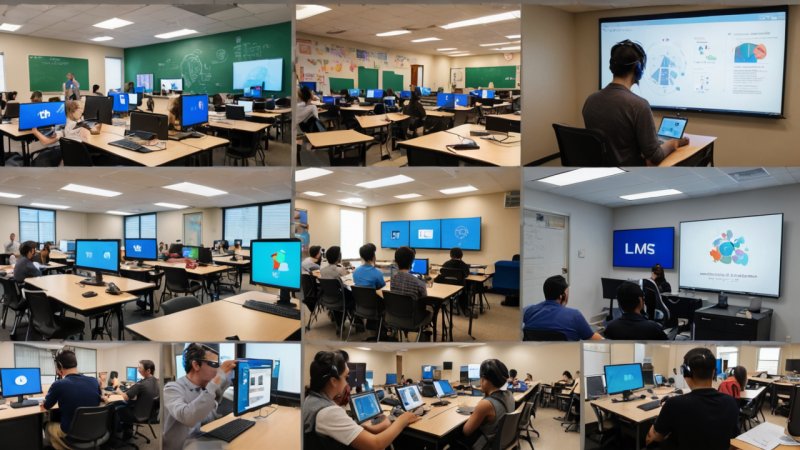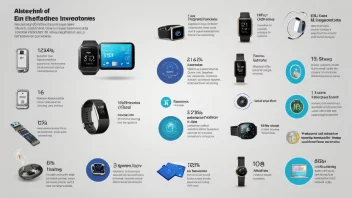Introduction
In recent years, technology has revolutionized various fields, and educational research is no exception. The integration of innovative tools and methodologies has not only enhanced the quality of research but also made it more accessible to educators and students alike. This article explores five key technologies that are reshaping educational research, providing insights into their benefits and applications.
1. Learning Management Systems (LMS)
Overview: Learning Management Systems are software applications that facilitate the administration, documentation, tracking, reporting, and delivery of educational courses or training programs.
- Accessibility: LMS platforms allow researchers to gather data from a wide range of participants, ensuring diverse input.
- Data Analysis: Many LMS tools come equipped with analytics features that help researchers assess student performance and engagement.
2. Big Data Analytics
Overview: Big data analytics involves examining large datasets to uncover hidden patterns, correlations, and insights.
- Personalized Learning: By analyzing data from various sources, researchers can develop personalized learning experiences tailored to individual student needs.
- Predictive Insights: Big data can help predict student outcomes, allowing educators to intervene early and improve overall performance.
3. Artificial Intelligence (AI)
Overview: Artificial Intelligence encompasses various technologies that enable machines to mimic human intelligence and perform tasks such as learning and problem-solving.
- Adaptive Learning: AI can create adaptive learning systems that adjust content and assessments based on student performance.
- Automated Grading: AI tools can streamline the grading process, providing immediate feedback to students and freeing up educators' time.
4. Virtual and Augmented Reality (VR/AR)
Overview: VR and AR technologies create immersive environments that enhance the learning experience.
- Engagement: These technologies can increase student engagement by providing interactive and experiential learning opportunities.
- Real-World Simulations: VR/AR can simulate real-world scenarios, allowing students to practice skills in a safe environment.
5. Collaborative Tools and Platforms
Overview: Collaborative tools and platforms enable researchers and educators to work together regardless of their physical location.
- Improved Communication: These tools facilitate communication among researchers, promoting the sharing of ideas and resources.
- Data Sharing: Collaborative platforms allow for efficient sharing of research findings and methodologies, fostering a culture of openness in educational research.
Conclusion
Technology plays a pivotal role in enhancing educational research, providing tools that improve accessibility, engagement, and data analysis. By embracing these innovations, researchers can create more effective learning environments and contribute to the ongoing evolution of education. The integration of Learning Management Systems, Big Data Analytics, Artificial Intelligence, Virtual and Augmented Reality, and Collaborative Tools not only streamlines the research process but also amplifies the impact of educational initiatives.






